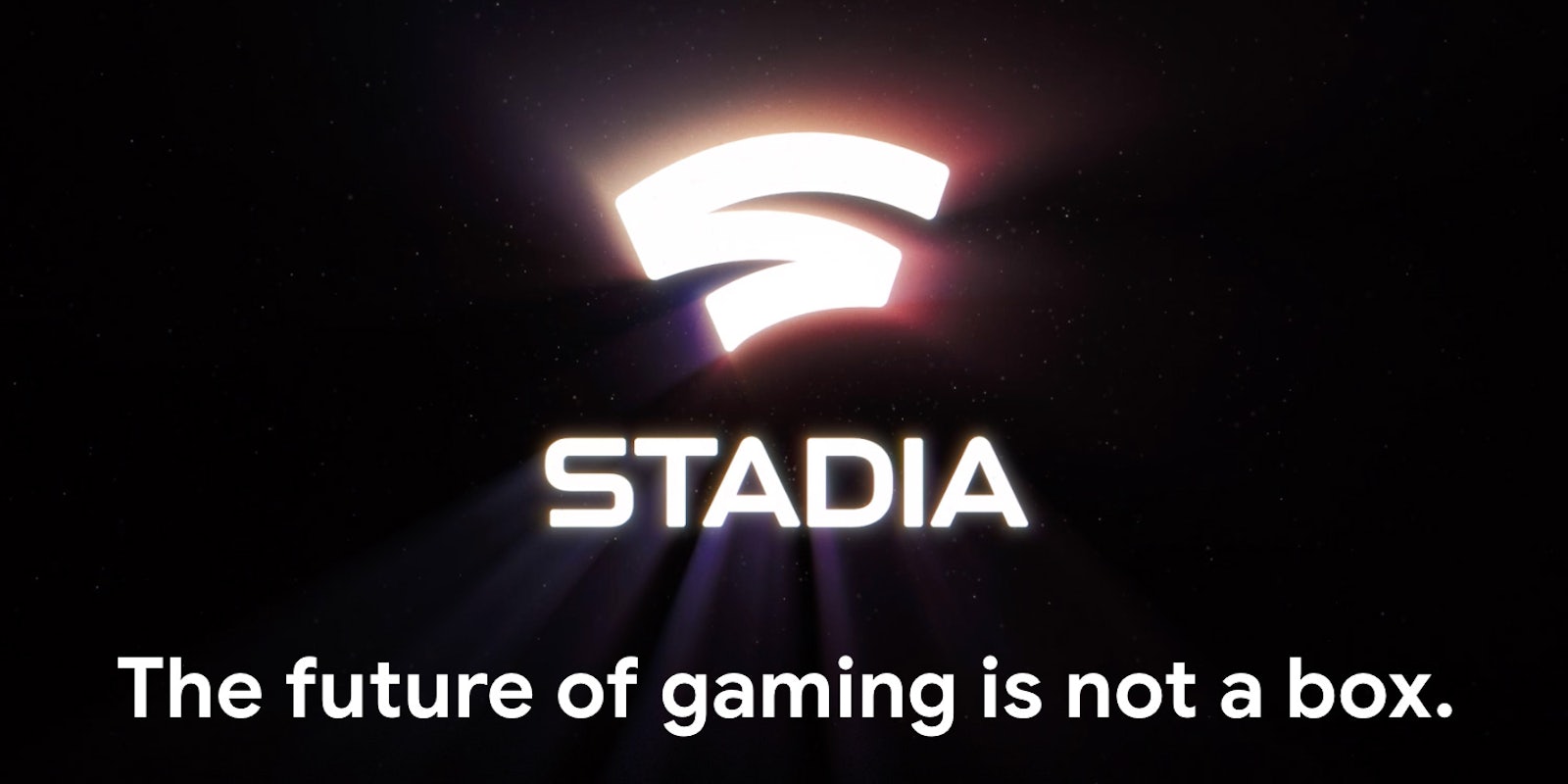Tech giant Google revealed a new cloud gaming service Tuesday at a video game forum in San Francisco.
https://youtu.be/HikAuH40fHc
Speaking at the Game Developers Conference (GDC), Google CEO Sundar Pichai unveiled “Stadia,” a game streaming service capable of being accessed from everything from the company’s Chrome browser to Chromecast and Pixel devices.
The new service, set to officially launch at some point later this year, will first be made available to users in the U.S., U.K., Canada, and throughout Europe. Stadia will also be integrated with YouTube, the Google-owned video website, to allow players to seamlessly share their gaming content.
Phil Harrison, a former Microsoft and Sony executive now working for Google, added that YouTube videos showing Stadia content would also include an option to let viewers instantly play the same title by clicking a “play now” button.
Unlike other video games that require consoles or special computers, “Stadia offers instant access to play” without the need for downloads, Harrison adds.
As noted by the Verge, Google publicly tested the service last year by allowing certain individuals to play Assassin’s Creed Odyssey straight from their browser.
“Overall, the gameplay experience is fluid and just like the ‘real thing,’” the Verge’s
Although users will be able to play the games on their tablets, computers, and phones, Google also plans to release a Stadia Controller, complete with buttons for capturing and uploading content to YouTube.
Google will also launch its own video game studio, Stadia Games and Entertainment, to create exclusive titles for the system.
Stadia will initially support up to 4K resolution at 60 frames per second (fps), but intends to eventually support up to 8K resolution and 120 fps.
READ MORE:
- The 50 all-time best Google Chrome extensions
- How to enable Flash in Google Chrome
- How to share your real-time location on Google Maps
H/T the Verge


